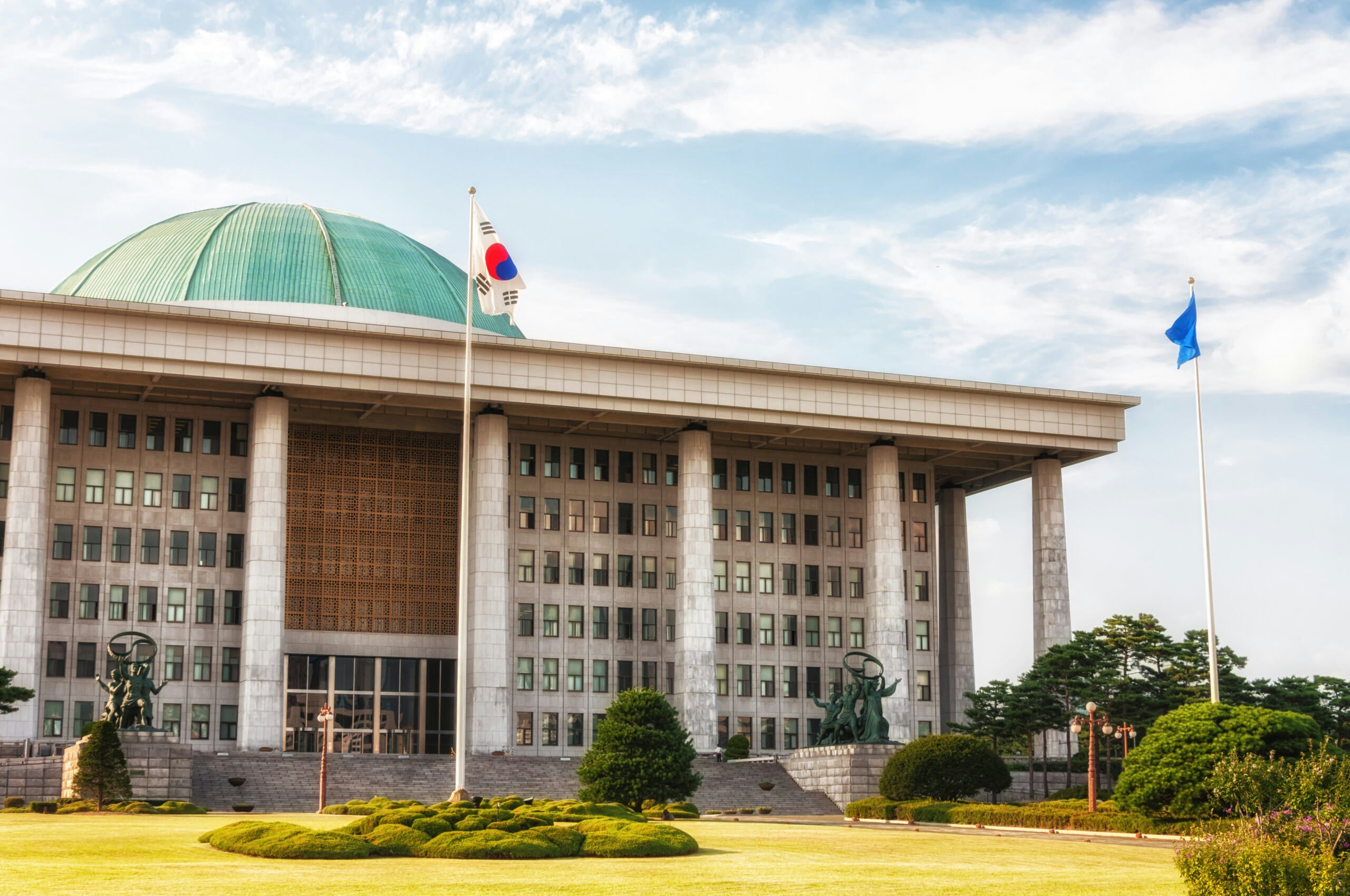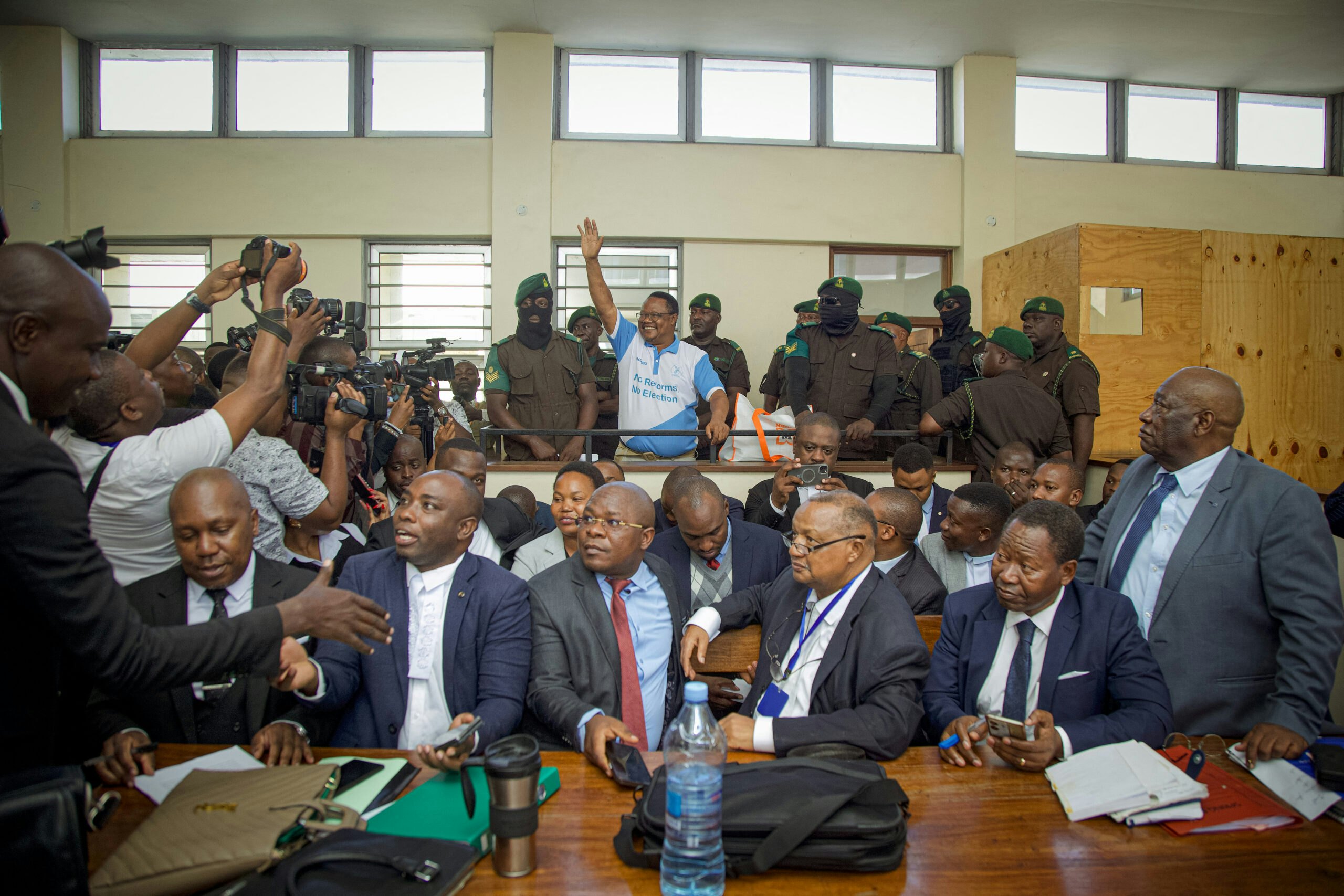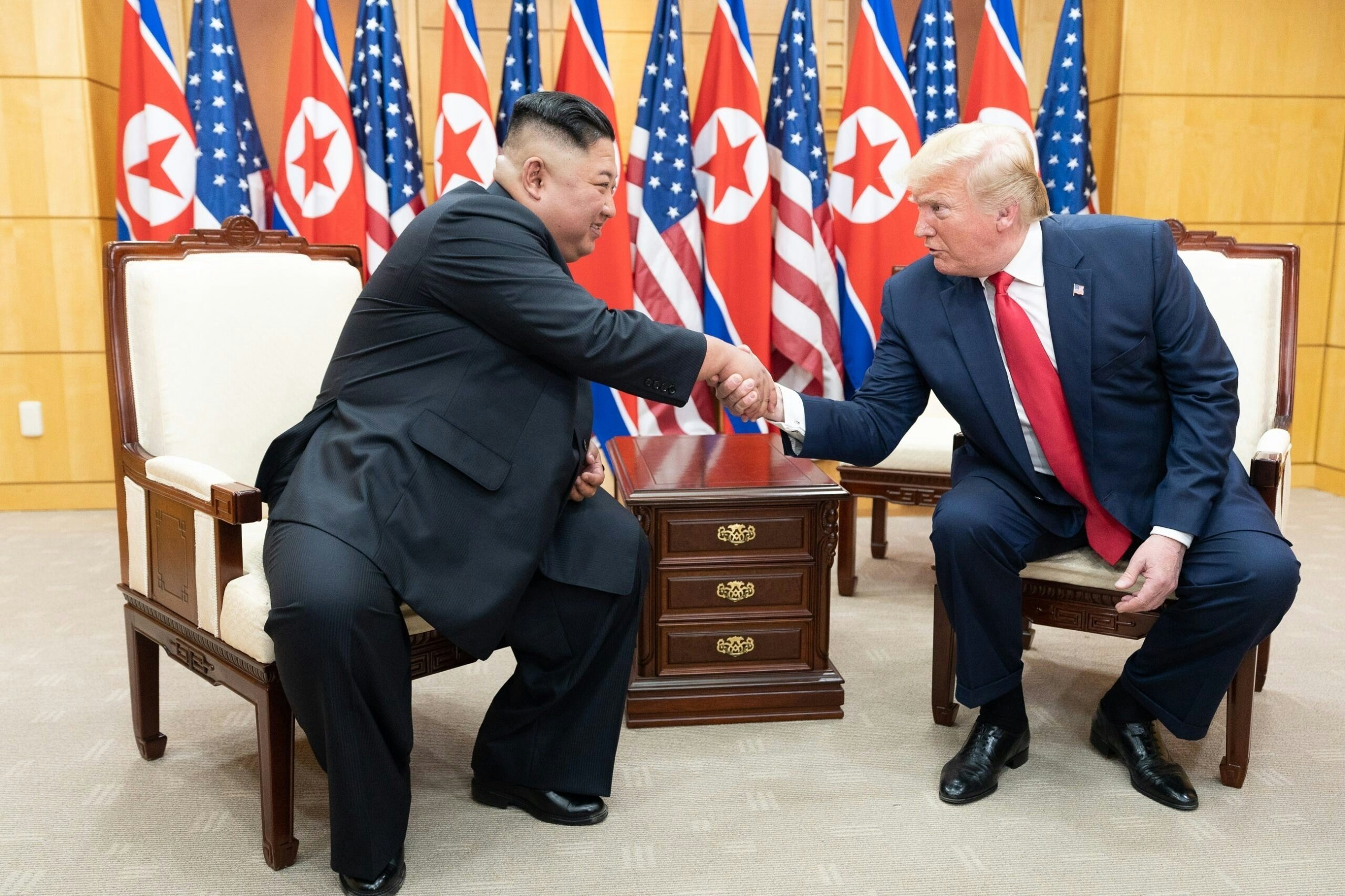South Korean President Yoon Suk Yeol announced a new policy approach to dealing with North Korea during a speech on Aug. 15, commemorating Korea’s Liberation Day from Japanese occupation. He described the new effort as a “freedom-based unification” strategy, which means South Korea will increase the flow of reliable information to the North Korean people. The aim of doing so is to provide North Koreans with an alternative to Pyongyang’s propaganda about the outside world and spark a greater desire for freedom and democracy through unification with the South. To effectuate this strategy, President Yoon announced the creation of a “North Korea Freedom and Human Rights Fund,” which will support civil society groups working on North Korean human rights.
At the same time, Yoon has left the door open to diplomatic engagement with North Korea by calling for a new dialogue channel between Seoul and Pyongyang. Yoon wants to achieve three goals through a working-level dialogue:
- Ease heightened tensions on the Korean Peninsula.
- Promote economic cooperation to foster mutual understanding.
- Increase collaboration around humanitarian efforts.
Since early June, the Korean Peninsula has experienced heightened tensions. North Korea deployed balloons containing trash and human feces over Seoul. South Korea retaliated by activating loudspeakers on its border with North Korea that blasted pro-democracy rhetoric; the speakers had been turned off in 2018 as a sign of South Korea’s intention to enhance diplomatic engagement. While no casualties have been reported, there’s anxiety over further escalation. Developing a new dialogue channel with North Korea could de-escalate tensions.
Yoon’s proposal for economic cooperation and promoting mutual understanding between North and South Korea was unexpected by some experts. South Korea’s conservative party, to which Yoon belongs, has long opposed this kind of outreach to the North. The conservative party believes that engaging in economic policies with North Korea primarily benefits the regime rather than the North Korean people.
Yoon’s final objective is to increase efforts to send more humanitarian aid to North Korea, which is generally a welcome development, provided that aid providers or agents are granted access to the country to monitor and evaluate that the support goes to people in need.
Yoon explicitly mentioned facilitating the return of POW remains from the Korean War, and creating opportunities to reunite divided families in the North and South, even if only for short visits.
Divided families are those who were separated during the Korean War between 1950 and 1953. Reuniting these families is a policy that has gained bipartisan support in South Korea, especially as most of these people are elderly.
Kim Jong Un’s regime tightly controls the country, and there are precious few avenues for North Koreans to receive outside information. While we await the Yoon Administration’s implementation of “freedom-based unification,” his commitment to engaging with the North Korean people by increasing efforts to send reliable information to them is a welcome development. The Bush Institute has long argued that North Korean human rights and security are inextricably linked; therefore, an effective policy must address both.































